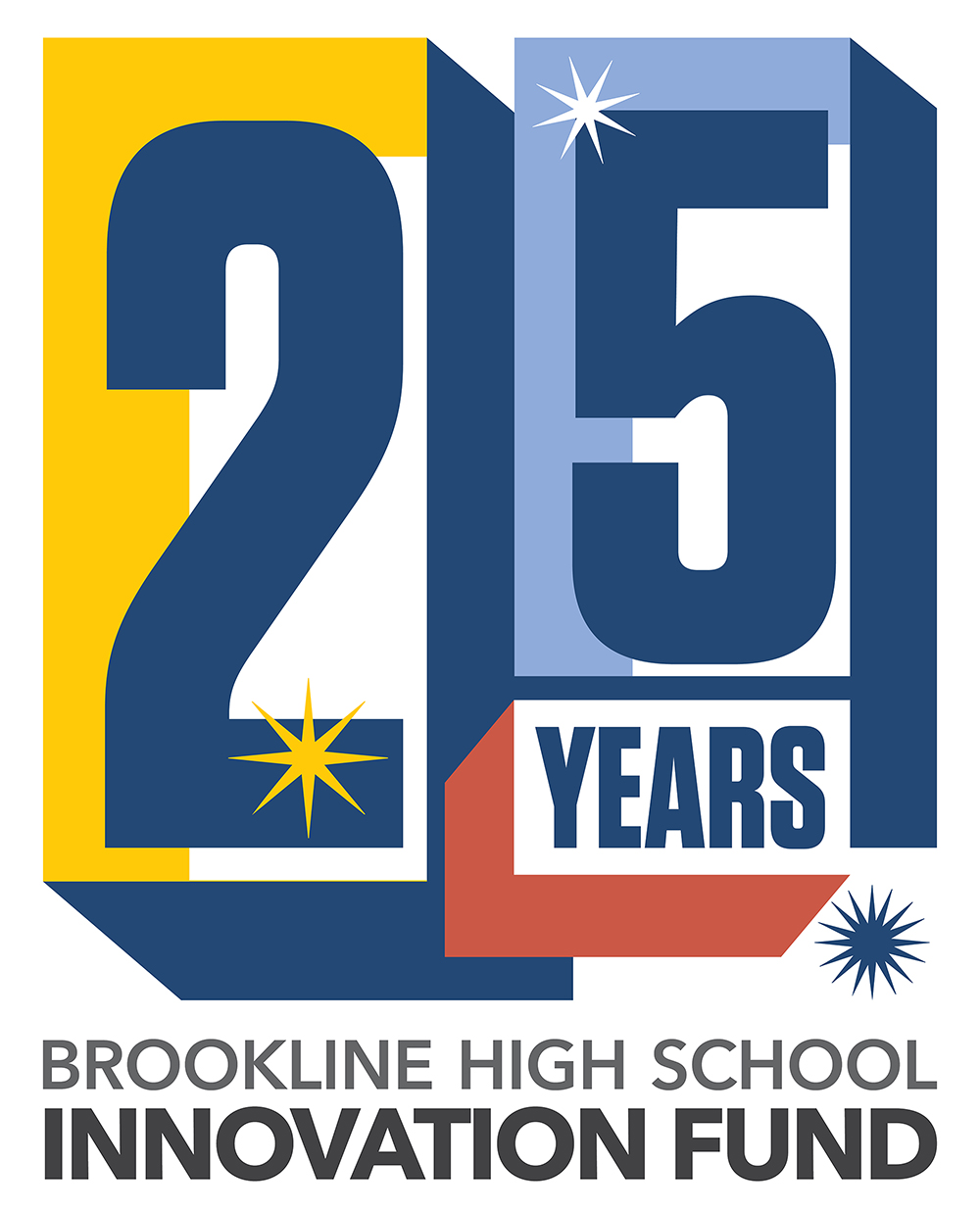Students in Racial Awareness understand the importance of engaging in conversations about race at the high school, as this influenced their application.
Senior Elliot Lazarova-Weng applied for Racial Awareness because he believed a course centered around conversations about race was necessary to his education. He also noticed a disturbing absence of these discussions within the mainstream curriculum. Yet, the course fell short of what he had envisioned.
Currently the course is led by math teacher Hayley Wells and science teacher Karen Wong. As outlined in the syllabus, the goal of the seminar is to explore the complexities of race and racism, yet Wong has a slightly smaller personal objective.
“At the end of the year, I just really want to see that students have gained just a little bit more knowledge and a little bit more awareness than they had in September,” Wong said.
As discussions surrounding race continue to be integrated into the school’s curriculum, some faculty have discussed making Racial Awareness a graduation requirement. Wong confirmed that this has been an ongoing conversation within the administration. She said that this addition would not happen in the near future.
Racial Awareness is an elective course where a group of sophomores, determined through an application process, explore the prevalence of race within national, local and high school communities.
Founder and METCO Coordinator Malcolm Cawthorne originally thought of the course while taking a professional development class on race and equity. This resulted in a new revelation for Cawthorne.
“I realized in my classes that there wasn’t a lot of structured space for kids to have conversations around race. My feeling was that kids actually really wanted to have those conversations,” Cawthorne said. “I think more importantly they wanted to have some type of structure. One of the scary things when talking about race is that people are afraid of saying the wrong thing. But if there’s a teacher there, if there’s a structure there, that provides a sense of security for some.”
Years after Cawthorne led the course and new teachers have taken over, seniors Lily Lockwood and Alejandra Mineo-Levitsky said the class might no longer achieve Cawthorne’s goal. Lockwood said many students don’t elect to take the course with the same intentions, which thoroughly affected the culture within the classrooms.
“I think a lot of people took it because of the free blocks and the field trips, and because it would make them look good, not because they actually cared,” Lockwood said.
Mineo-Levitsky said students of color, including herself, were disproportionately targeted to be used as facilitators.
Mineo-Levitsky shared that as a Latina person, she felt much of her time was spent educating her peers.
“It felt like for me, as a Latina, a lot of the time was not really spent in a positive way for myself. It was mostly educating other people, which was not really what I signed up for,” Mineo-Levitsky said.
Lazarova-Weng said he found that class discussions often didn’t go past surface level when exploring race. He observed that the class catered more towards protecting Caucasian students’ comfort.
“In terms of race, you are never going to feel comfortable so long as you’re actually talking about it. I don’t think that it’s a topic you can explore and learn about without being uncomfortable. But I think that’s the whole thing with BHS. They always want to build safe environments,” Lazarova-Weng said.
Sophomore Ivy Fawcett, a current student in Racial Awareness, said she is experiencing a positive atmosphere in her classroom. Fawcett said a culture has developed where students are able to have differing opinions and educate each other as well as themselves.
“Personally, I’ve always felt like I’ve been able to speak my mind. I know that if I say something incorrect or that doesn’t align with someone else’s ideas, someone will correct me or at least do a good job of staying kind,” Fawcett said. “I personally believe that it should be mandatory, because I’ve learned so much from it.”
Lazarova-Weng said for any requirement to happen he thinks there needs to be more focus on how the course may affect students of color.
“While I think it’s important to have courses like this, if we were to make it mandatory, there are students who have gone through trauma surrounding their race, who do not want to go into school and have to relive that. I think it needs to be a choice whether you want to deal with that in school or not. Especially for students of color, some people just want to go to school and be able to forget and focus on their learning,” Lazarova-Weng said.
Lockwood said she had conflicting ideas about the class being required. She said while the content was important to learn, the element of it being a choice was a key component.
“If you force people who don’t actually care, who don’t actively want to learn, then you have such an unhealthy class environment, and you don’t actually learn any of the things that you’re trying to emphasize,” Lockwood said.
Racial Awareness class sparks conversation
Molly Louison, Staff Writer|January 9, 2022
KYLA FREY/SAGAMORE STAFF
